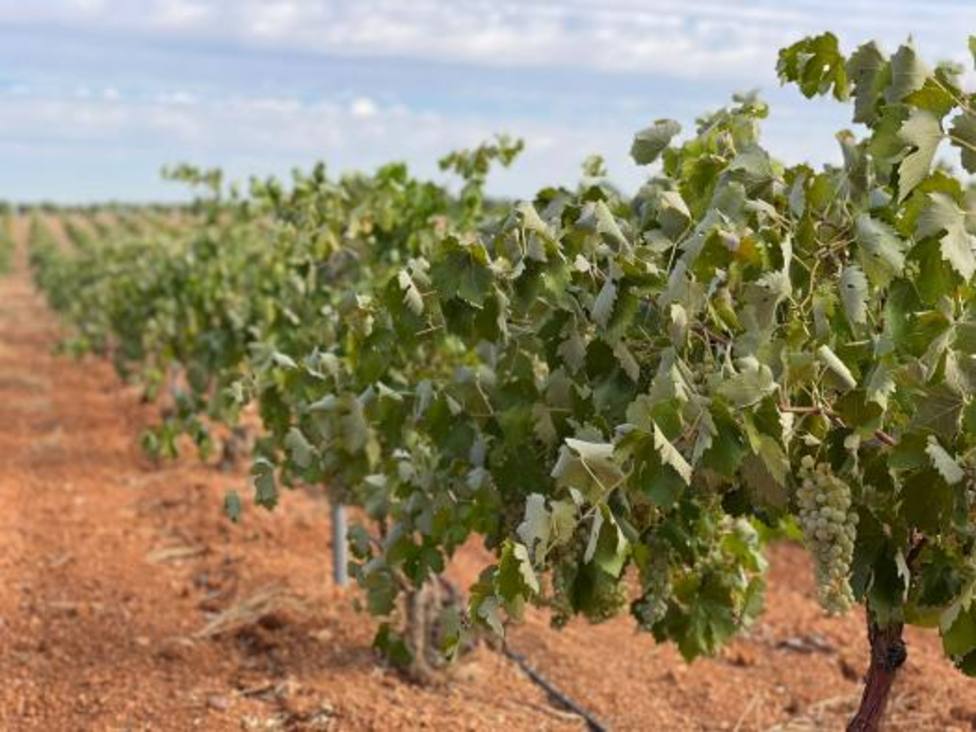
The Government of Castilla-La Mancha expects a profitable wine campaign for all, especially for winegrowers
The Minister of Agriculture, Water and Rural Development, Francisco Martínez Arroyo, has estimated that it will be «around twenty million hectolitres», a harvest of the shortest in the last twenty years.
Regarding the Manchega Plain Pipeline, Martínez Arroyo has stated that «we are determined to start it», because «having water to drink and for economic activity, there is water for life».
The Minister of Agriculture, Water and Rural Development, Francisco Martínez Arroyo, has confirmed in an interview on the radio program ‘Agropopular’, COPE, that «the harvest will be short», due to high temperatures. «We estimate around twenty million hectolitres of wine and must», he said, data that represent «a significant reduction from last year of 15 percent and, compared to two years ago, of 33 percent».
Although it is going to be «a harvest of the shortest in our region in the last twenty years», Martínez Arroyo has wanted a «quiet» and «good» campaign, in which the counselor has predicted «profitability for all, mainly for winegrowers»as there are few stocks remaining from the previous marketing year.
The harvest has begun in Castilla-La Mancha with the collection of the earliest varieties, which are non-native, such as moscatel de grano menudo, sauvignon blanc, chardonnay or cencibel, although Martínez Arroyo has commented that «the generalized beginning will be at the beginning of September».
Pipeline to the Manchega Plain
Asked about the arrival of water to the Daimiel Tables, the counselor said that the six cubic hectometers that have been derived through the Pipeline to the Manchega Plain «will not solve all the problems of the National Park, but they will give it a break» and that «It’s very important,» he said, at least until the autumn rains arrive.
On the other hand, with regard to the Manchega Plain Pipeline, Martínez Arroyo said that within the regional government «we are determined to implement it» because «it is key to guarantee the future of our towns and agro-cities». Thanks to this infrastructure, which «will be used exclusively to transfer water for drinking in the Upper Guadiana, for human consumption», at the beginning of next year around 80,000 castellanomanchegos and castellanomanchegas «they will be able to drink water in sufficient quality and quantity,» he explained.
The counselor has detailed that the water will come to supply eleven villages in the province of Cuenca, two in the province of Albacete and two others in Ciudad Real. «This is very important because there is water for drinking and for economic activity, there is water for life,» he concluded.
Download the new COPE app for free and try all the new features. Now available for iPhone and Android, with new features. All programs, stations and news. With the possibility of receiving notifications on your mobile. The iOS and Android app can be downloaded for free via the App Store and Google Play.
The COPE app is the best channel to listen to live radio, but it is also a complete digital information medium that tells the news when it is happening, which alerts you of what happens through notifications on your mobile. Continue reading the latest news on our website to be always informed of what is happening.
SOURCE: COPE.ES
